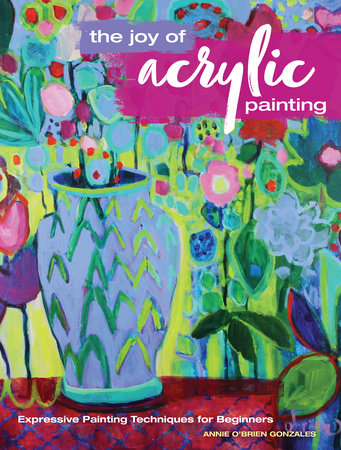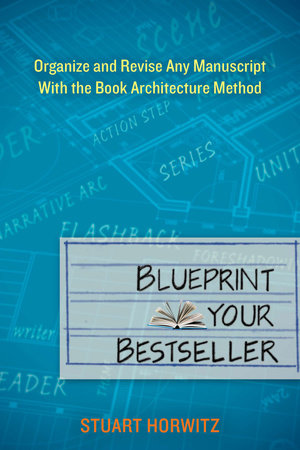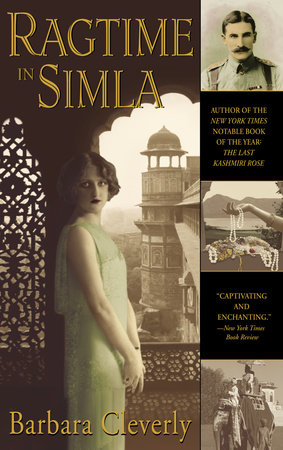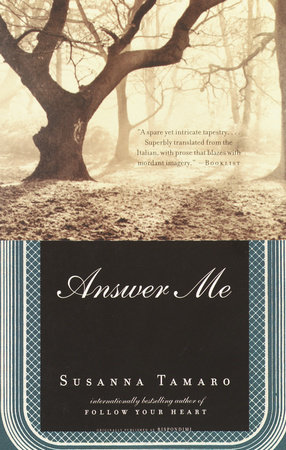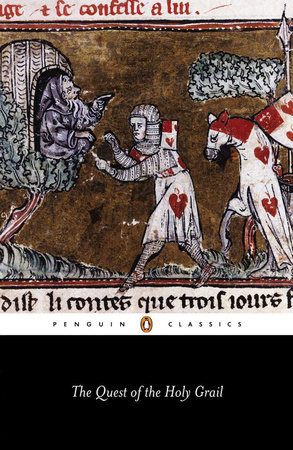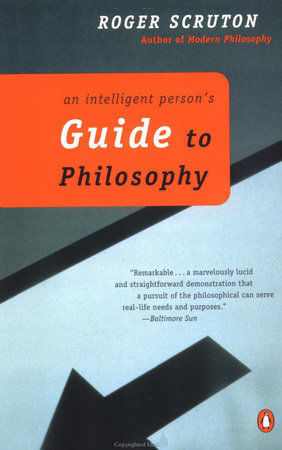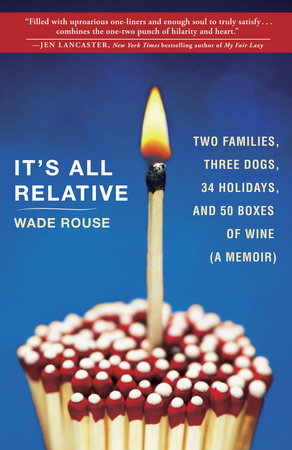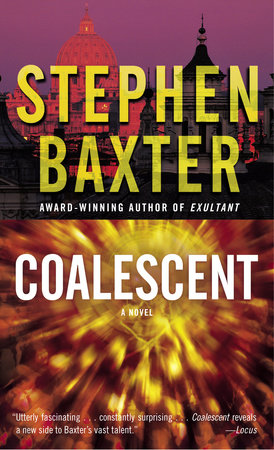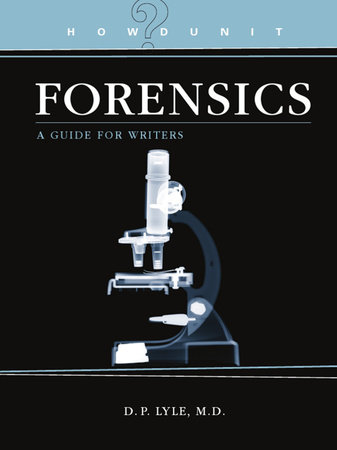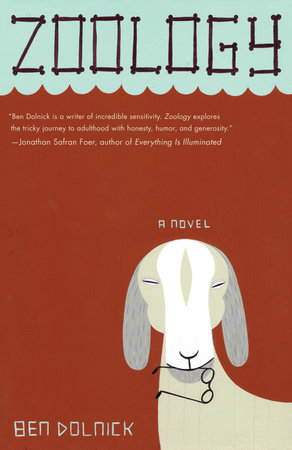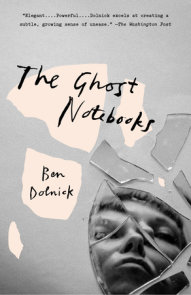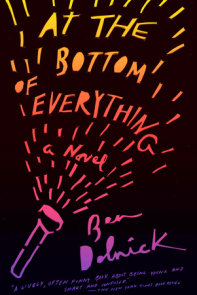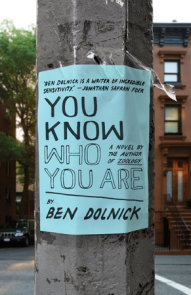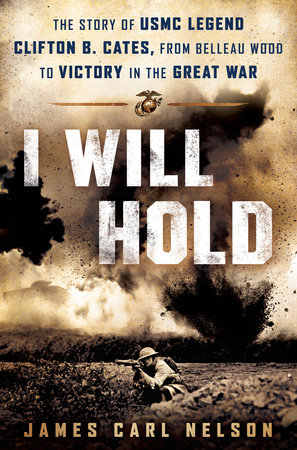Author Q&A
An Interview with Ben Dolnick
Q: The narrator in ZOOLOGY has one of the most authentic and convincing voices. Henry is sympathetic, kindhearted, but also socially awkward and occasionally infuriatingly naive. What drew you to this character? Is there anything special you did to get into Henry’s head?
A: Well, I got the idea for his character in a strange way. When I was in college, I used to see a particular sad-looking middle-aged guy around campus all the time, usually walking alone, sometimes talking to himself. I’d slow down near him, to listen to him talk, or else I’d just watch him for a few seconds while I ate my lunch. And I never spoke to him or even learned his name, but I came to be weirdly fascinated by him – particularly with thinking about how he must have been when he was younger. I tried to imagine what his life must have been like, whether he would have had friends, where he might have lived – and that was what gave me the first inkling of Henry. Of course as I wrote, I came to start thinking about Henry as a person of his own, and I stopped thinking about the guy (I wonder if he’s still around, actually – I’d love to see him), but that was the beginning.
Q: Over the course of the novel we see Henry fail at many things. He fails at his first year of college, he fails as a jazz musician, and he fails time and time again at the zoo. Why do you think Henry gets the short end of the stick so often?
A: You know, strange as it sounds, I’d never thought about it so starkly before. It seems kind of sad when you lay it out like that, and it certainly wasn’t my design to have him fail at everything he does. But I guess I see now why I might have gravitated toward that – I always find stories about sadness and failure to be so much more interesting than ones about the sunnier side of the emotional spectrum. There’s a terrific poem by Yehuda Amichai called “The Precision of Pain and the Blurriness of Joy” that’s about, well, exactly what it sounds like it would be about – how many subtle shadings we have for describing unpleasant things (this aches, that stings, that throbs), but how vague and inarticulate we become when trying to talk about happiness. And I feel that very much in myself. I feel on much firmer footing when I’m trying to describe something going wrong.
Q: You had a brief stint at the Central Park Zoo yourself. How closely do Henry’s workdays resemble yours? Did you take the job and then come up with the novel, or did you take the job in order to research an existing novel idea?
A: I worked there for one summer during college, and I took the job, I think, mostly because I didn’t want to take the usual sort of internship/office job that might lead (horrors!) to a job offer. I was already certain that I wanted to write fiction after I graduated, and I didn’t want to get drawn into anything that might distract me from that – the zoo (which I’d visited and loved) seemed like just the thing. I didn’t go into the job with a specific idea of how I’d write about it – whether it would be a novel, or a story, or just a piece of a character – but I certainly hoped I’d write something. A huge number of experiences that might otherwise be a pain (being stuck at the airport, cocktail parties, even having a toothache) become a pleasure, I find, once I get it in mind that I’ll write about them. It’s all research; the worse the better.
And working at the zoo really wasn’t as bad as all that, but writing about it did let me enjoy it in a way I might not otherwise have been able to do. My days there were almost exactly like Henry’s – raking, shoveling, and lots and lots of staring at animals who seemed to like me directly in proportion to how much hay I happened to be holding.
Q: Is there an actual goat named Newman?
A: There is a Newman – he’s the only character who I took from reality and put into the book more or less whole. He was my favorite animal from the very beginning, and so I’d spend a lot of time watching him, having staring contests with him, giving him treats. I used to write, when I worked at the zoo, on little index cards that I’d keep in my pocket, so I could tuck them away if my boss ever happened to wander over. One day I was standing in front of Newman’s pen writing something – probably a very lofty idea for a novel that had nothing at all to do with the zoo – when Newman appeared over my shoulder and bit the cards out of my hand. It felt like he was teasing me, reminding me that there was plenty of material right in front of me. And that I’d forgotten to give him his afternoon meal.
Q: Tell us about Margaret, Henry’s love interest. Do you like her?
A: I do. Lots of people who have read the book have said that they hated her, that they found her so manipulative and heartless, and that always surprises me. She does hurt Henry, of course, but that isn’t her intention – or at least she doesn’t relish it. If the novel were told from Margaret’s perspective, I think that Henry would only be a minor character – somewhere along the lines of Wendy, Henry’s first girlfriend, in his version of things. And that’s something that I’ve always found very interesting and sad, how much value we can end up placing on the words and actions of people who might not think much about us at all. There’s a painful asymmetry there, and I think it only begins to get resolved at the end of the book, when people start assuming their proper sizes in Henry’s mind.
Q: Henry’s family seems to explode just as he has moved on to adulthood. What are you saying about the costs of growing up?
A: Hmm. When Henry was growing up, he probably didn’t think of his parents as particularly vulnerable or even as human, really, and they actually were doing fairly well. Healthy, reasonably happy, not especially worth worrying about. But once he got old enough to start seeing them more truly – as people who stumble through their lives just like he does – they actually did start having real problems, their bodies failing them, their marriage cracking up. And I think that’s a fairly common coincidence: we grow up just in time to start being needed as grownups.
Q: You’re twenty-four and here you are publishing your first book. It’s a young start! What does that feel like?
A: Every stage of it has been incredible, really, and a complete surprise. Finding an agent, selling the book, first seeing it all laid out in a handsome font with real chapter breaks and everything – every time something like that happens I find myself having to go for a speedy walk around my neighborhood, just to burn off the excess delight. In some ways I think my personality is better-suited to coping with failure than with success – I’m quite able to console myself, to buck myself up after a blow – so having all this terrific luck has required a bit of readjustment, to stop looking for the bad parts. I don’t know that I could ever outgrow anxiety entirely, but when I’m able to quiet that part of myself for a minute, mostly I just feel stunned with gratitude.
Q: Who are your literary influences?
A: In some other life I think I should have been a librarian. I love recommending books, giving books, talking about the authors who are important to me. And there are so many! Alice Munro, probably more than anyone – I feel lucky to be alive when she’s publishing, corny as it sounds. And Philip Roth, George Saunders, William Trevor, Nicholson Baker, Kurt Vonnegut, William Maxwell…. And then the dead people, of course. Chekhov, Tolstoy, Proust, Woolf. I’m just reading Virginia Woolf’s diaries, actually, and they’re astonishing; she’s able to articulate such elusive things, it really stretches your idea of what’s sayable. And it’s so comforting, for some reason, to hear her fretting that Mrs. Dalloway isn’t going to be well-received, or that To the Lighthouse is just a boring mess. Writing is just so, so hard. (But reading, when you’re able to find the right book, is bliss).
Q: What in your life made you want to become a writer?
A: Well, the pleasure of reading was probably the main thing. I remember first reading Ken Kesey’s novel Sometimes a Great Notion when I was fourteen or fifteen, how I’d stay up at night with my whole body tingling. The pleasure of books seemed so private, compared with the pleasure of movies or TV: I’d often read books and find things that I didn’t know anyone else had ever felt, that I hardly knew I had felt. To make something that could do that seemed (and still seems) like the greatest thing in the world.
And then, of course, there’s just the pleasure of mimicry, of different peoples’ voices. I spent a lot of time when I was growing up being told to stop imitating people – the waiter with the goofy accent, the teacher who coughed after everything he said. But I wasn’t making fun of people, really, I was just enjoying the sound of it, seeing if I could get it right. And that’s one of the basic pleasures of writing, for me – seeing if I can capture what’s funny or strange about a certain voice.
Q: What are you working on now?
A: In a distressingly scattershot way, I’m writing a lot about childhood, life from about eight to eighteen. I managed to get a little bit of those years into this book, but not nearly everything I want to say. While I’m still relatively close to childhood, I want to get those observations down. I’ll go through patches where I’ll think I’ve said everything I have to say, I ought to go to Spain and become a bullfighter…and then suddenly I’ll think: Sleepovers! I’ve forgotten to say anything about sleepovers! And that’ll be a rich vein to work for a while, whole streams of memories burbling up that I’d lost touch with entirely. And that’s more or less how I proceed. I feel sometimes, strangely, as if I’m responsible for getting down all the details of this lost culture, like the last surviving member of a tribe. And that part of life – getting ice clumps in my gloves on snow days, and playing shuffleboard in the basement, and starting a restaurant in the front yard – really is lost. And even if it’s only lost to me, it still feels very urgent.



